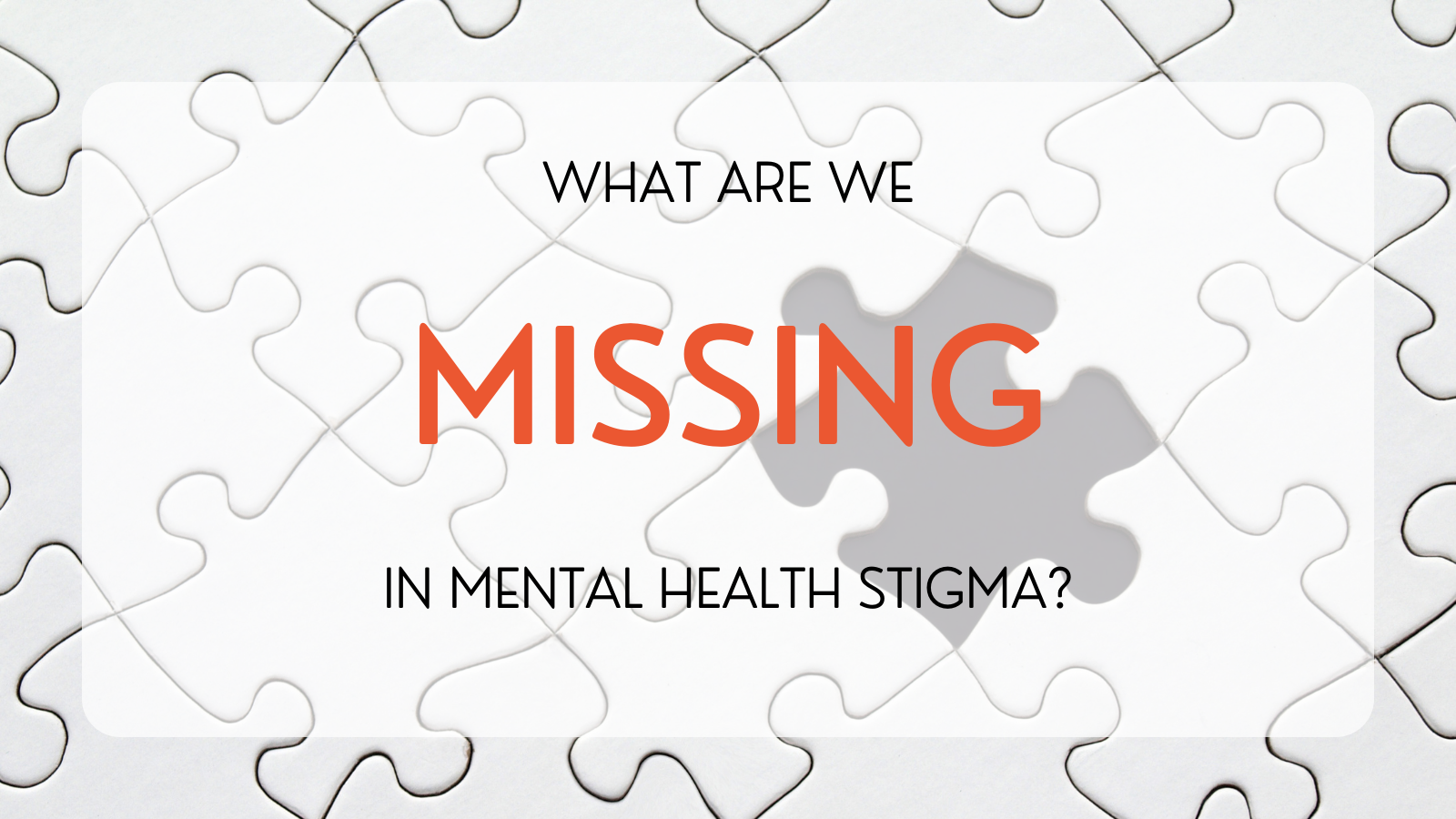The Lancet Commission on stigma and discrimination: hit and miss
Mental health stigma remains an enormous global and Oceanic issue. The ongoing marginalisation of people with lived experience (“PWLE”) is seen in life expectancy disparities, exclusion from public life areas, and detention under discriminatory laws and policies that coerce treatment.
Like others, I welcomed the Lancet Commission on ending stigma and discrimination in mental health (“Lancet Commission”). It is part of a broader series of Lancet Commissions that focus on the physical health of PWLE, psychological treatments for distress, intimate partner violence and service responses, the future of psychiatry and more.
Mental health stigma – often with complex and overlapping understandings of discrimination – needs the attention that this Lancet Commission provides. Bringing together global experts, it presents strong messages, including that stigma and discrimination contravene fundamental human rights, that it has profound impacts on individuals and communities, that the media have to lift their game, and that PWLE has to be central to all reforms and efforts from now on.
However, I have concerns. They, in my view, reflect shortcomings in the Lancet Commission that speak to the need for more radical and courageous stigma efforts. I will detail these below and be open about any corrections that need to be made to my analysis.
The first is the claim that the Lancet Commission was “co-produced” with PWLE. Co-production and co-design are specific methodologies that are significant in consumer-patient-service user-survivor movements. The report does not at any point explain how they kept to principles of co-production (co-planning, co-design, co-delivery, co-evaluation, as well as essential litmus tests around power-sharing and decision-making).
The authors state, “this report and its recommendations rest on the twin foundations of scientific evidence and personal experience”. However, in the report, I can only see two key mechanisms of influence for PWLE: global surveys and their personal narratives being included. However, it is unclear what occurs when personal views clash with the authors' views, and who makes decisions about reconciling those differences. The importance of language, which is discussed below, is a case in point.
A second issue is that the Lancet Commission fails to connect PWLE to broader consumer-patient-service user-survivor movements (“the movement(s)”). There is a rich history in these movements that challenge the central foundations of our current mental health systems.[i] Failing to pay respects to that movement risks isolating PWLE from the liberatory movements that they may be unaware of.
A third issue centres on what could be termed language but refers to the core conceptual frameworks: “mental health conditions”. The term is used throughout the report, despite long-standing views from the movement(s) criticisms of the language of disorder, condition, mental illness and so on as stigmatising.[ii] The authors reduce this to a language question, but in reality, the critique is far deeper.
The current psychiatric framework has been made about people, without those people. While other medical classifications are made in such a way, psychiatric classification presents a different phenomenon that goes to the heart of who we are, and our place in society. The diagnosis and by extension, stigmatisation of same-sex attraction, escaping one slave owner (yes, check “Drapetomania”), hysteria, and gender dysphoria speaks to the normative basis and implications of diagnosis. By failing to grapple with this issue, beyond a paragraph meaningfully, the authors risk reifying the same power structures and processes that continue to disempower those at the margins.
A fourth issue relates to the limited conceptualisation of help-seeking and stigma connections. The report appears to assume that seeking help from mainstream mental health systems will benefit individuals, when we know globally there remain systemic human rights violations built into the literal and conceptual architecture of these systems. While they devote significant resources to assessing how stigma impacts help-seeking, they fail to acknowledge the impact of stigma on help-resisting (as when people resist harmful systems).
This relates to a fifth issue: the Lancet Commission flirts with power-analyses, but ultimately avoids them. Early on it notes that it “considers” questions of power but focuses on “what needs to be done to actively promote social inclusion”. This point reflects a missed opportunity that pervades much anti-stigma advocacy. It is a missed opportunity to ask an important question:
If mental health stigma is so pervasive, who is benefiting from it?
We focus a great deal on who is harmed by mental health stigma, but not who benefits. Such power analyses are common in feminist, disability, critical race and other disciplines, but absent in mental health stigma research an advocacy. The more difficult question for researchers is that perhaps, in some ways, they benefit. The concentration of resources, professional expertise and proximity to government in some respects necessitates the othering of people with lived experience.
In addition to other issues around the confused use of disability throughout the Lancet Commission, these are my principal concerns. If we want to really address mental health stigma, our analyses need to go far more profound than they currently appear willing to do.
——-
[i] For account of this movement, see: Nikolas Rose, Our Psychiatric Future (John Wiley & Sons, 2018).
[ii] Victorian Mental Illness Awareness Council, Response to Royal Commission: Issues Affecting Consumers Labelled with “serious and Persistent Mental Illness" (2020) <https://www.vmiac.org.au/wp-content/uploads/Response-to-Royal-Commission-request-.pdf>; Jo Watson, Drop the Disorder!: Challenging the Culture of Psychiatric Diagnosis (PCCS Books Limited, 2019).
